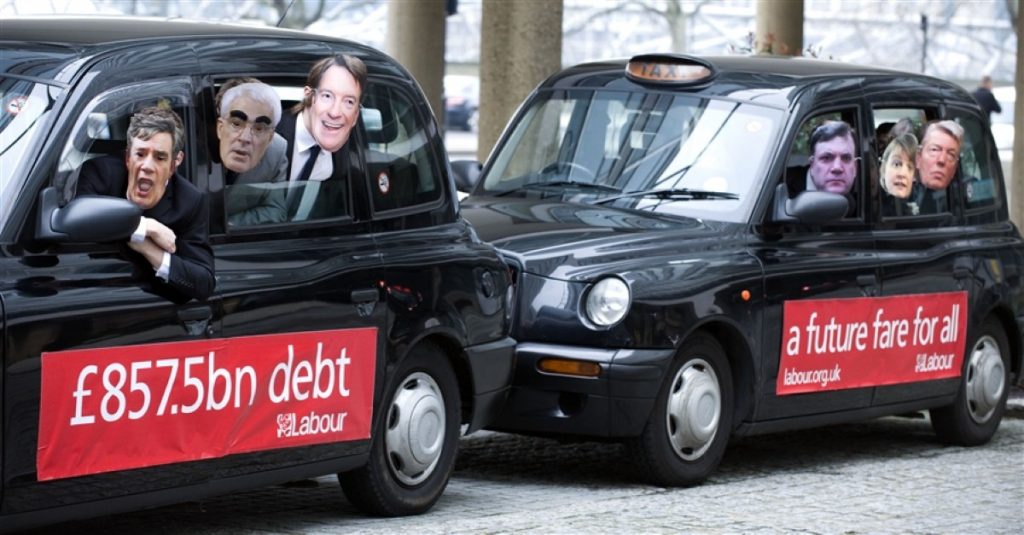Negative campaigning ‘does us good’
Positive benefits of negative campaigning are unlikely to be acknowledged any time soon, political researchers have claimed.
A study of British party election broadcasts from 1964 to 2005 by UCL analysts concluded that when parties decide to ‘go negative’ they do so on the issues, giving voters more information in the process.
They are more likely to cite the source of the evidence provided to back up their claims and more likely to explicitly compare their policies with those of other parties, the research – published in the British Politics journal – found.


“Despite a substantial body of evidence showing the positive effects of negative advertising, it remains much vilified in the press and in public discourse,” the article’s authors, Jennifer Van Heerde and David Hudson, stated.
“Reconciling this disparity may be difficult, as much of the conventional wisdom in thinking about negative advertising reflects normative judgements about how politics should operate, rather than the complex state of affairs that is politics.”
Party election broadcasts have changed significantly since 1964, but the differences between positive and negative campaigns have not, the researchers add. They state that on each point of comparison “the much-maligned modern campaigning fares as well as the ‘good old days'”.
The research highlighted the series of negative appeals launched by the Conservatives in the 2010 general election, including their party election broadcasts ‘The People v Gordon Brown’ and ’13 Years of Labour’.
“Negative advertising’s place in postmodern election campaigns may be justified
not on normative or empirical, but on practical grounds,” they concluded.
“Because politics is ultimately about making collective decisions over (increasingly scarce) goods, negative advertising, which is inherently politicized, helps make clear the tradeoffs involved among competing policy choices, even if we prefer to hold our nose while doing so.”









